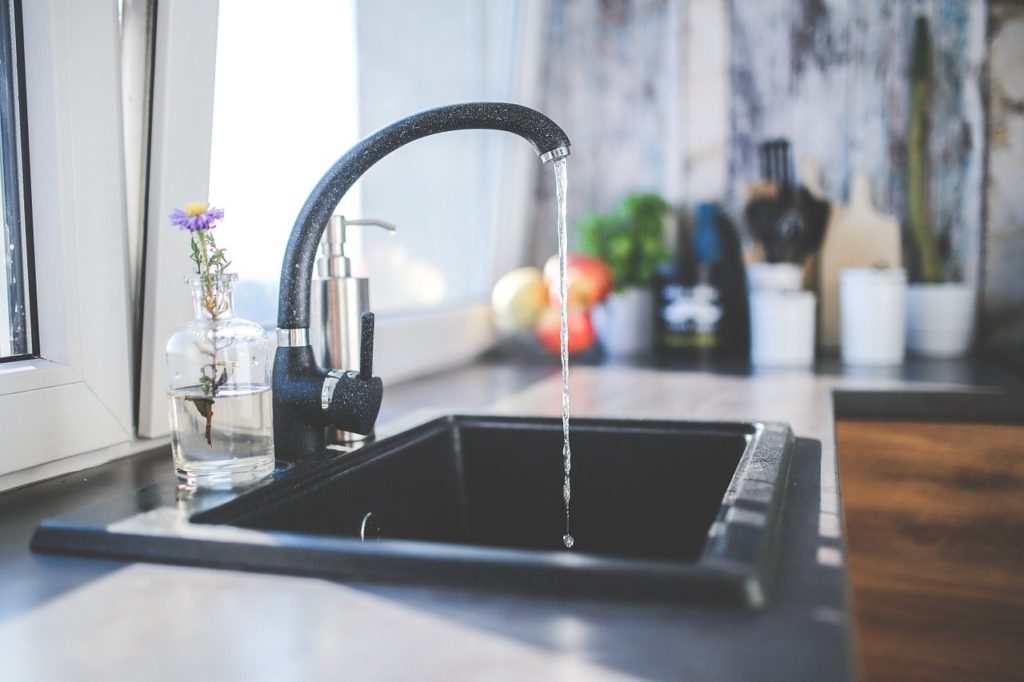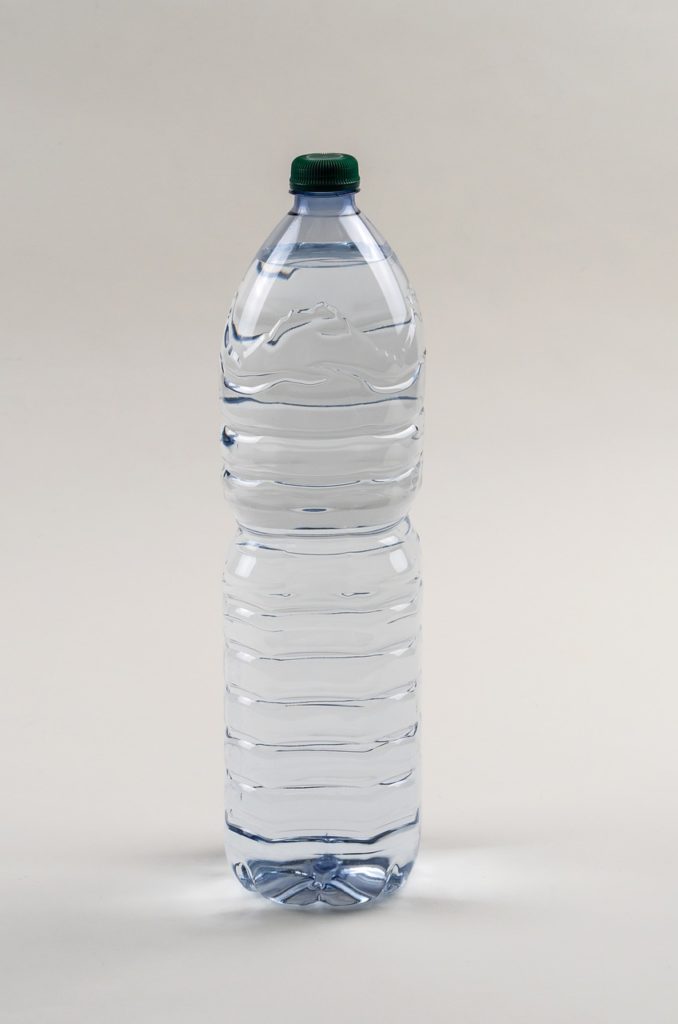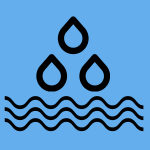If you work in the drinking water industry long enough you will inevitably hear the phrase, “Oh, I don’t drink the water out of the tap, I only drink bottled water.”
As far as the average American is concerned, the tap water versus bottled water debate is not much of a debate at all. Bottled water comes in an easily disposed of bottle that is usually easy to carry and not breakable. The cost of bottled water is relatively inexpensive compared to energy drinks and sports drinks. Most people believe that the taste and quality of bottled water purchased in a store or at a vending machine is far superior to what comes out of their tap at home. So end of the blog, right? No Water Nuggets here. Not so fast…
Plastic Bottles of Water
It does not take a genius to realize that single use plastic water bottles are very harsh on the environment. Yes, it is very convenient to buy a plastic bottle of water and trash it when your done. The waste that this is creating is insane when you look at the numbers. You can find many statistics of the environmental effects of single use water bottles at Healthy Human. One example of these effects is that out of all the water bottles bought, 80% end up in landfills. Also, water bottles take 1,000 years to decompose. These two environmental effects alone are reason enough to fill your reusable water bottled from the tap at home instead of buying plastic bottle after plastic bottle of water from the store and and simply trashing them. Speaking of buying the bottled water from the store, how much money are you wasting by buying that tiny bottle of water?
Cost of Bottled Water
If you go to a store you can purchase a gallon of bottled water for about $1.00. That is not bad, right? A giant plastic gallon of bottled water for only $1! Let us compare that to the cost of tap water. According to the San Francisco PUC a gallon of water costs $0.0123 per gallon. That is not a typo. One gallon of water from a faucet in the City of San Francisco costs $0.0123 per gallon. That means that you can buy 81 gallons of San Francisco tape water for the same price as one gallon of bottled water. The argument of course is, “Tap water is cheaper than bottled water. The extra costs of bottled water is because bottled water comes from natural and pure water sources.”
Quality of Bottled Water
Many people do not realize the stringent regulations drinking water utilities are under from Local and State Agencies along with the EPA (Environmental Protection Agency.) Water distribution operators do daily water quality checks throughout the city as Water treatment operators are monitoring treatment solutions on a constant basis. If a water agency fails to meet strict standards, they must notify the public immediately. Bottled water on the other hand does not have as many regulations as city water. The most monitoring and quality checks bottled water goes through is before it even gets to the bottling facility. Why is this? Well, most bottled water is simply tap water. The L.A. Times published an article that points out many well known bottled water companies get their water from the faucet at their facilities in major cities where people are buying bottled water to avoid their tap water. At least it doesn’t taste like the water from your sink.
Taste of Bottled Water
Some say that bottled water just tastes better. If you simply fill a pitcher of water from the sink and let it sit in the fridge overnight, it will taste just as good as a cold bottle of water you purchase from the store. Since most bottled water comes from the same sources as your tap water, the main differences are mostly in the consumer’s mind. There are some though. Bottled water companies usually use reverse osmosis to get rid of all the minerals (good and bad) along with the solutions water utilities use to treat the water. Most bottled water companies need to add salt and other minerals to their water after they run it through a reverse osmosis process. If you are really concerned about the taste of and quality of your tap water, simply purchase a water filter that attaches to your kitchen faucet. As long as you periodically change the filters, these are some of the best steps that can be taken to ensure quality drinking water. That said, there are always exceptions.
Exception to the Rule
To be fair there are rare exceptions to the high quality drinking water argument. We would be negligent if we did not mention the water quality crisis that occurred in Flint, Michigan or the lady who could set her water on fire in Pennsylvania . These are rare incidents and that is way they are news worthy.
What is in your Water?!?!
Are you are curious about what is in your drinking water? You can go to your water district’s website and look up the Annual Water Quality report. This report is also known as the Consumer Confidence Report or CCR. Every water district is required to provide its consumers an annual CCR, so if you can’t find it online go ahead and send your water utility an email requesting a copy.
Do you have a drinking water question for Water Nuggets? Or are you a drinking water or waste water professional that would like to submit a Nugget of Water Wisdom?


